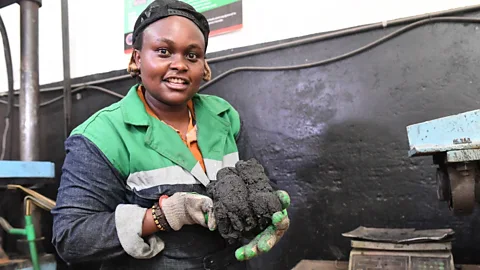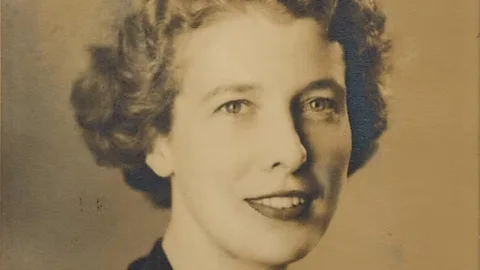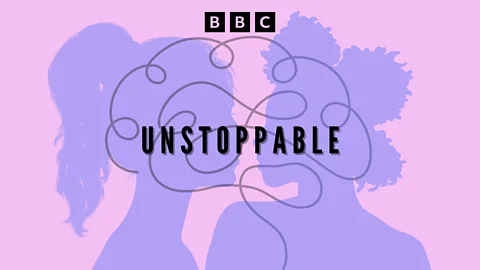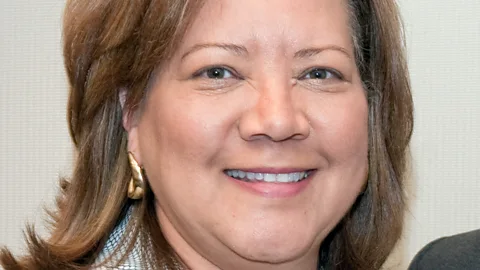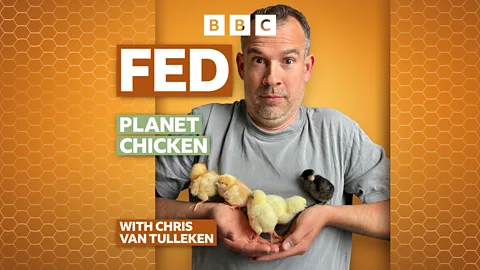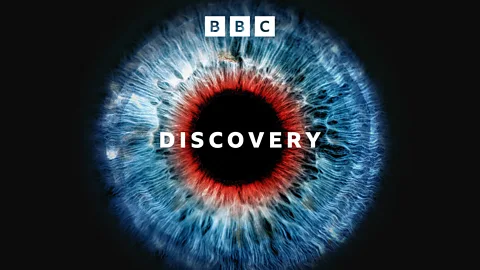
Discovery
Discovery
The Life Scientific: Mercedes Maroto-Valer
Up next
February 12, 2024
27 minutes
Available for over a year
How do you solve a problem like CO2?
As the curtain closes on the world’s most important climate summit, we talk to a scientist who was at COP 28 and is working to solve our carbon dioxide problem.
Professor Mercedes Maroto-Valer thinks saving the planet is still Mission Possible - but key to success is turning excess of the climate-busting gas, carbon dioxide, into something useful. And as Director of the Research Centre for Carbon Solutions at Heriot-Watt University and the UK’s Decarbonisation Champion, she has lots of innovative ideas on how to do this.
She also has a great climate-themed suggestion for what you should say when someone asks your age…
Presenter: Jim Al-Khalili
Producer: Gerry Holt
Audio editor: Sophie Ormiston
Production Co-ordinator: Jonathan Harris




